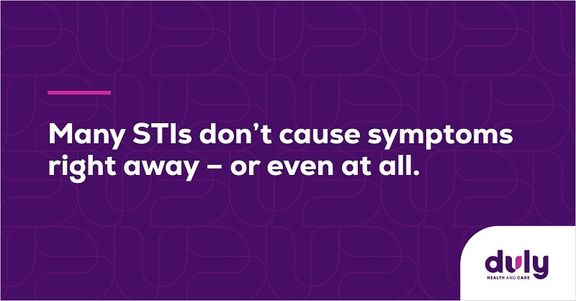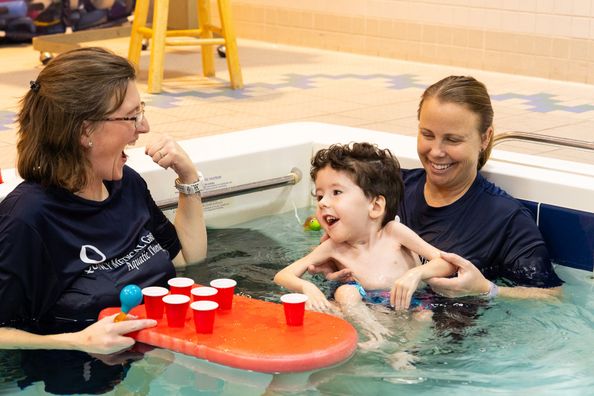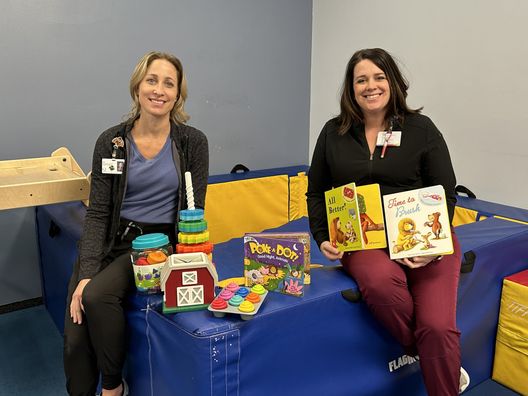Liar Liar Pants on Fire: Why Kids Lie and What You Can Do
Your six-year-old just told you that she did not write her name on the wall but her name is very clearly written on the wall in her handwriting. Either there is a tiny gnome living in your house with the same handwriting as your child, or she just told you a lie. While many parents may jump to the conclusion that their child is growing up to be a pathological liar, the truth is that her lie is completely normal behavior. All kids will fib or stretch the truth at some point in their early years and there are many reasons for this.
Hint: You failing as a parent isn’t one of them.
Why Kids Lie
A primary reason that young children lie is that the line between truth and deception if very thin and they can’t always tell the difference between reality and fantasy. Many kids will tell a story that couldn’t possibly be true but underneath that story is a kernel of what the child wishes was true. Maybe your 8‑year-old didn’t beat up the whole football team but he wishes he was strong enough to handle difficult social situations.
There are certain, let’s say, acceptable untruths in life but children cannot differentiate between types of lies. For example. Santa Claus, The Easter Bunny, The Tooth Fairy, The Elf on the @#$% Shelf – these magical characters all threaten to put a hole in the tapestry of truth we’re trying to create for our children. These are technically lies, but magical lies are okay, right? We can debate the ethics of that another time, but the bottom line is that developing minds don’t see the difference between acceptable and unacceptable lies yet.
Another big reason is impulsivity. As anyone who’s ever been a child, had a child, worked with a child, or sat next to a child on an airplane knows, kids often act before thinking. Lies will sometimes just shoot out of their mouths before they’ve thought it through. Then once the lie is out there, they feel compelled to defend it, even when mom or dad aren’t buying it.
Often children will lie to get something they want, such as, “I cleaned my room, can I go outside now?” You and I both know, there’s a 60 – 80% chance that room is not clean.
The most common reason young children lie is to avoid getting into trouble or facing a consequence. “I didn’t do it!” in the face of conclusive evidence to the contrary usually means that a lie is easier than facing mom or dad’s wrath or losing their precious iPad for the day.
As they get older and more clever, kids will experiment with being dishonest to get out of something they don’t want to do. “Nope, I don’t have any homework tonight.” seems like an awesome way to get your parents off your back for the evening. The consequence of having to face the teacher tomorrow is far enough away to justify the lie.
Starting around kindergarten, a lot of children work pretty hard to impress their peers. “Yeah, I have a thousand LOL Surprise Dolls!” (Can anyone explain to me why these toddlers are wearing fishnet stockings!?) This can lead to lots of tall tales and exaggeration that isn’t intended to be malicious.
To avoid embarrassment, protect others, or prevent retribution, children will often lie about the seriousness of something that they or someone else did. “It wasn’t that big of a deal, he only hit me once.”
What You Can Do
- Keep calm. No amount of anger, frustration, swearing, weeping, or begging is going to teach your child to be honest with you.
- Sometimes ignoring the lie is the best response. Not giving it attention means not giving it power. Redirect to something more true. For the writing on the wall example above, “Well, it looks like we have a mess to clean up, don’t we.” Just to be clear, “we” means your child. And perhaps the house gnome. But using this inclusive language reduces defensiveness and makes it easier for your child to eventually tell the truth.
- Don’t set your child up to lie. If you know he or she did something or did not do something, don’t ask them if they did it. Avoid, “Did you break the vase?” and start with, “Looks like you broke a vase, let’s get it cleaned up while you tell me what happened.” Also, until your child is an established truth-teller, don’t take her word for it. If she is supposed to do homework or pick up her room before she goes outside to play, check her backpack, take a peek at that room. Get a visual before giving her the okay.
- Avoid labels and name-calling. “You’re a liar” seeps into a child’s identity if they hear it enough. We tend to live up to the labels we are given. Using other words when you talk about the dishonest behavior can take away some of the power (and your anger/worry), for example, “That sounds a bit like a tall tale.” instead of “That’s a lie and you know it.”
- Give your child a chance to try again. If you’re certain you’ve just been lied to, “That doesn’t sound right to me, how about you try again.” gets a better response than, “Are you kidding me right now!?!?” Most of the time, anyway. Other options include, “How about we start this conversation over again.” Or “I’m going to give you two minutes to think about what you want to say and we’ll try again.” Or “How about a do-over.”
- Praise honest behavior. We tell our kids they will be in less trouble if they are honest but is that actually true? It’s okay to say, “Because you lied you are losing your Play Station 52 (Isn’t that the one we’re on now? I can’t keep up.) but because you finally told the truth, it’s for two days instead of a week.” Let them know that they are more trustworthy because they were eventually honest but problem behaviors still have consequences. When you catch them being honest right away, notice that. “Wow, that was probably a tough thing to be honest about but you did it!”
- Consequences for lying should to be short term and fit the crime. Lose phone for the day, do an extra chore, write an apology note. Be creative and think of something that teaches a skill and provides the opportunity to learn from their mistake. No general wide-sweeping consequences that last weeks. Those teach your child very little and typically result in anger, resentment, and unhelpful shame.
- Figure out “the why” of the lie. This is where our old friend empathy returns to the scene. “You must have felt pretty yucky about this to not tell the truth. Let’s talk about it.”
- Model honesty. If you want your child to be honest and trustworthy, you have to offer the same to them. Except for the Santa stuff.
For More Help

Not too old-school to be cool, The Berenstain Bears have been teaching life lessons adorably since 1962. For kids between the ages of 4 and 8, this story is relatable and gives kid-friendly reasons to tell the truth.

This audio CD sums up what’s normal and not when it comes to dishonest behavior in kids and gives Love and Logic-based strategies for responding to and preventing lying, stealing, and cheating in your home.

Written by a counselor and parenting expert, this storybook helps kids and parents alike navigate the struggle of learning to be honest.
While lying is a developmentally normal behavior that most children will experiment with at some point, chronic lies or dangerous lies can indicate a more serious problem. If you think your child’s lying is abnormal or it does not get better using these strategies, call QMG Behavioral Health Reception at (217)222‑6550 ext. 3418 to schedule an appointment with a therapist.
Thanks for reading!
Nikki
Health Topics:







